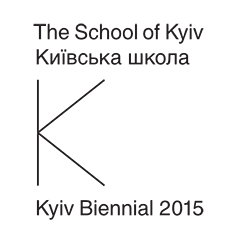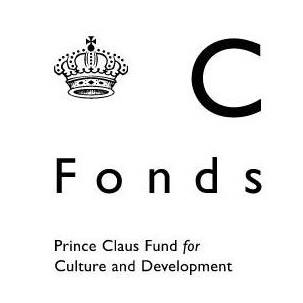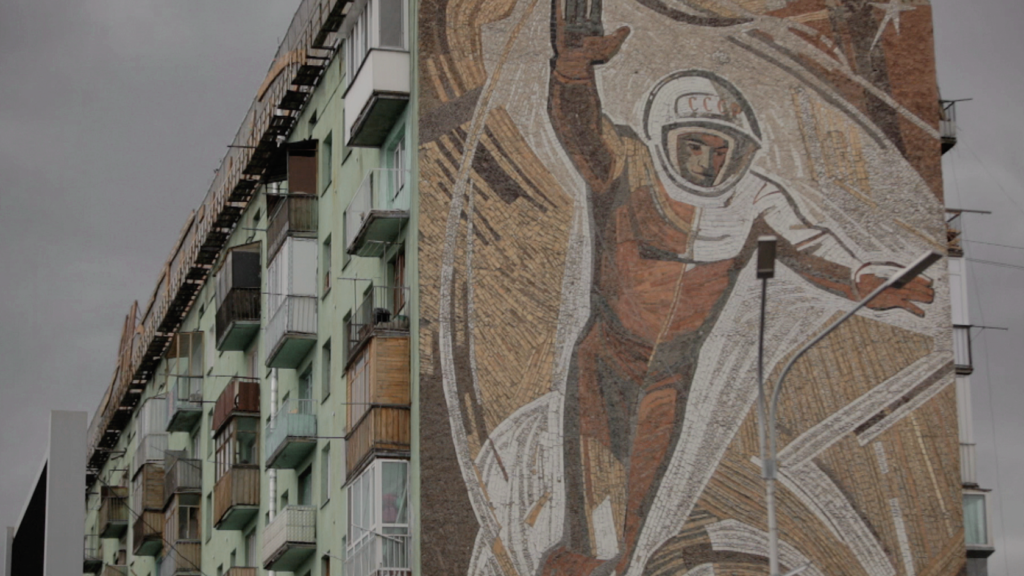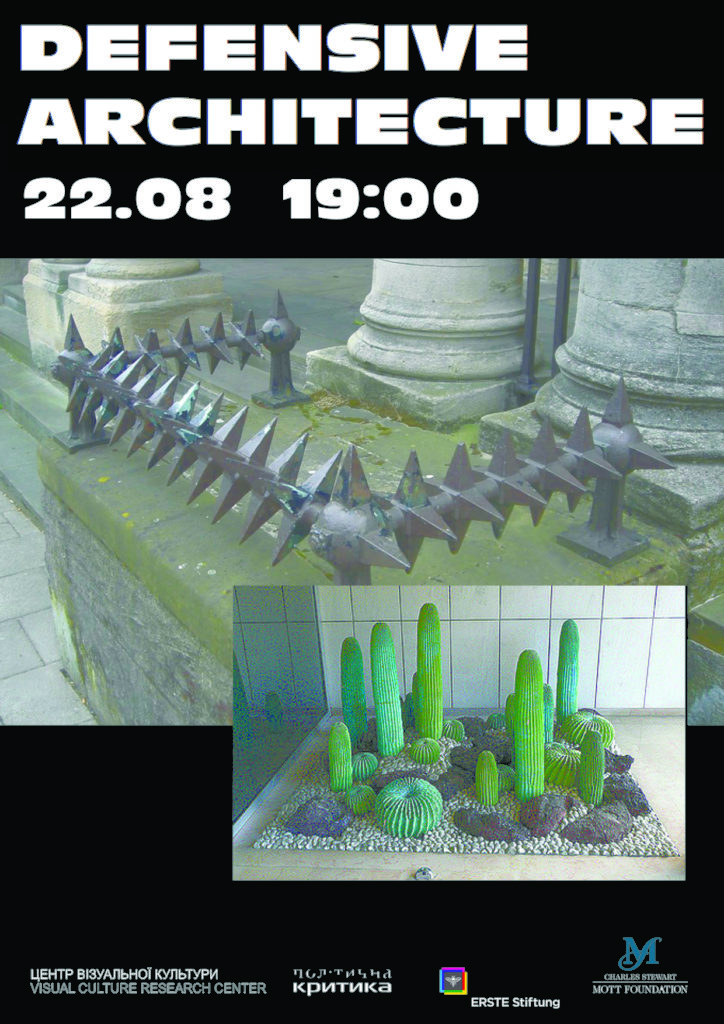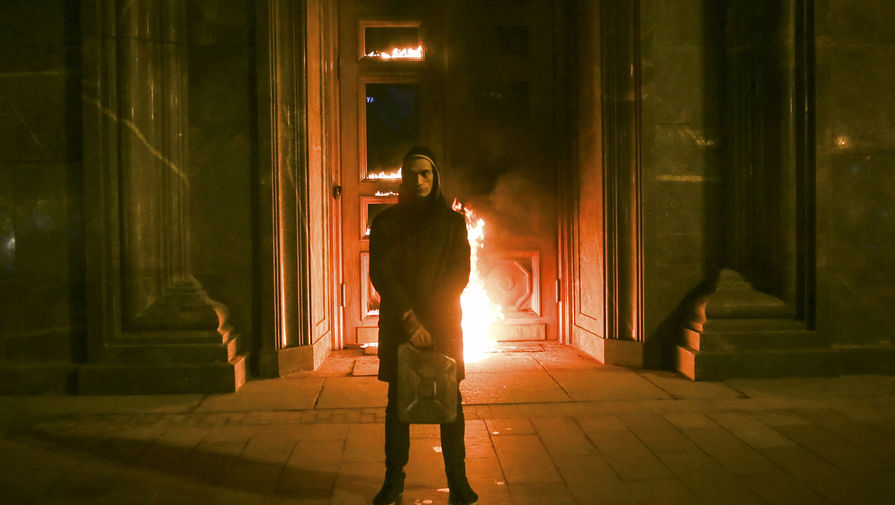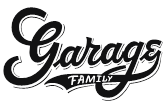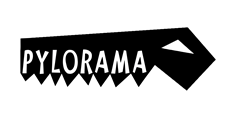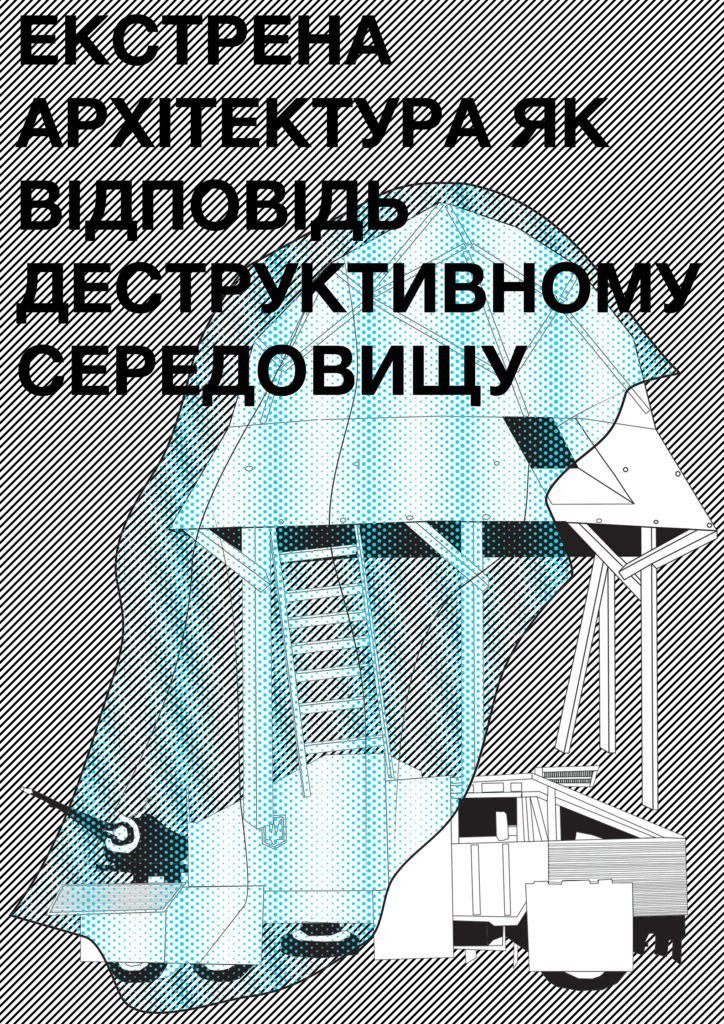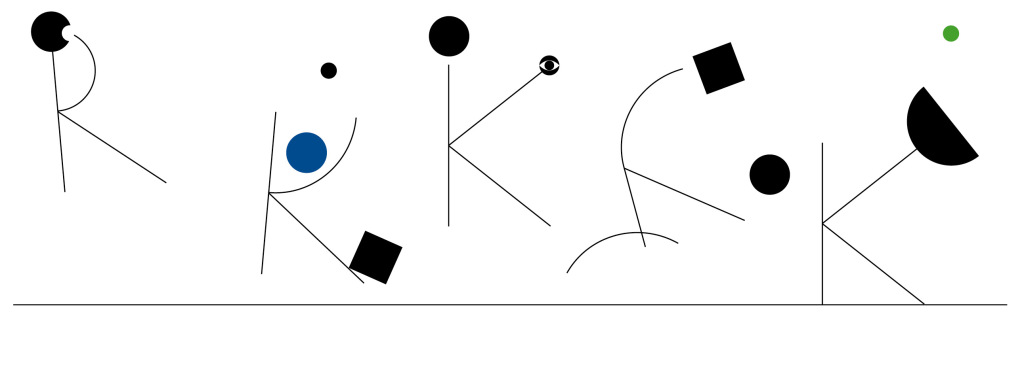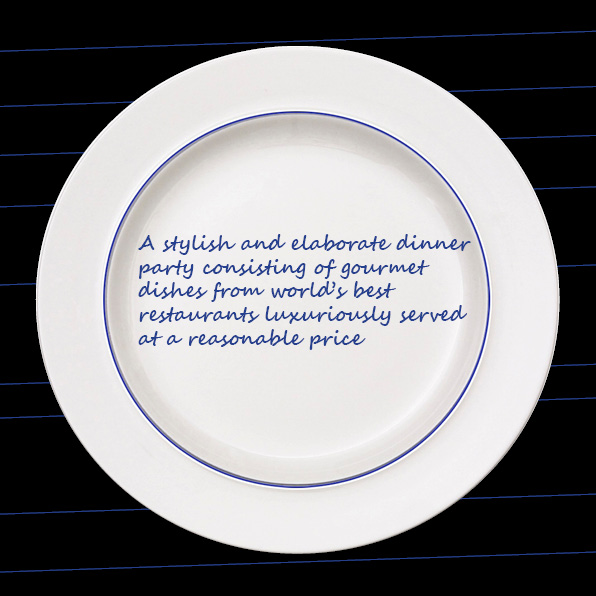Culture at Crossroads: What Collaboration Do We Want in Eastern Europe?
Friday, 18 September 2020, 12:00 – 16:30 (CET), online within Biennale Matter of Art Prague 2020
East Europe Biennale Alliance (EEBA) presents ‘Culture at Crossroads: What Collaboration Do We Want in Eastern Europe?’ – an online symposium which will be streaming on Friday September 18th 2020 from 12 pm (CET). The symposium will be held in English and is organised by the founding members of EEBA – Biennale Matter of Art Prague, Biennale Warszawa, Kyiv Biennial and OFF-Biennale Budapest.
The event will be livestreamed on www.facebook.com/biennalematterofart/
Participants:
Tereza Stejskalová, Veronika Janatková, Dominika Trapp, Kateřina Smejkalová, Noemi Purkrábková, Zoltán Ginneli, Eszter Lázár, Eszter Szakács, Serge Klymko, Wolfgang Schwärzler, Vasyl Cherepanyn, Aleksandra Jach, Michał Dąbrowski, Bartek Frąckowiak, Marta Michalak
What should we expect from art and art institutions in the next few years or decades? What is their role at a time of a major social transformation? Why do we make or present art, for whom, and does it make sense to continue using the same formats and materials as before? What should art be focusing on and what difference can it make? These are old questions but they need to be asked whenever conditions are changing—and they are changing now, drastically. Without a doubt, the current situation leads us to rethink and reimagine the way art institutions, art practices, and artists operate. We ask these questions from a perspective of artists and curators who operate in the Eastern European region—the periphery of Europe. As we have witnessed again during the COVID-19 pandemic, the interconnected global challenges take specific shape in our region. How are we, the art/cultural sector (institutions, curators, critics, artists, producers) preparing ourselves to operate in the future? How should we rethink the ways of creation, production, and distribution of artworks, projects, and events?
Perhaps, as a consequence of the COVID-19 pandemic, the art world will become smaller, more local, more grounded in local communities. This can be a good thing in terms of the sustainability of both: the human and non-human lives on this planet. After all, the opportunities for artistic and curatorial mobility have never been distributed equally or justly. But the notion of local can also be a trap. Under the rule of conservative governments in our countries, critical art, critical artists and critical art institutions have become extremely precarious, in some cases even directly persecuted. International connections are a crucial resource of not only intellectual exchange and finances but also of moral and political support. In what forms, formats, and mediums will this international cooperation be able to continue? How can we share gestures of solidarity with our Eastern European collaborators, partners, friends, comrades in struggle?
The newly established East Europe Biennial Alliance, comprised of the Biennale Matter of Art in Prague, Biennale Warszawa, Kyiv Biennial, and OFF-Biennale Budapest, aims to propose a different narrative of the East European region and redefining the way cultural institutions collaborate. As contemporary biennials have become an important vehicle reaching new contexts and audiences, the Alliance is designed to enhance the role of biennials in shaping innovative forms of international solidarity, expanding socio-political imagination and elaborating alternative cultural solutions. The Alliance brings biennials together to develop a shared vision and regional collaboration producing cross-border meetings, public events and working on the common agenda for upcoming years.
PROGRAM
TECHNOLOGIES AND THE WORK OF COLLABORATION
12:00-12:10 Tereza Stejskalová & Veronika Janatková: Introduction
12:10-12:25 Kateřina Smejkalová
12:25-12:40 Noemi Purkrábková
12:40-12:50 Discussion
12:50-13:00 BreakII. DECOLONIZATION AND/OF COLLABORATION
13:00-13:15 Zoltán Ginelli: Decolonizing the Non-Colonizers? Eastern Europe in Global Colonialism and Semiperipheral Decolonialism
13:15-13:30 Eszter Lázár & Eszter Szakács: Practices of Alliance Building
13:30-13:45 Dominika Trapp: Peasants in Atmosphere
13:45-14:00 Discussion
14:00- 14:30 BreakIII. ECOLOGIES AND VISUAL POLITICS OF COLLABORATION
14:30-14:45 Aleksandra Jach & Michał Dąbrowski: How to Talk about the Climate Crisis?
14:45-15:00 Wolfgang Schwärzler: Building the East Europe Biennial Alliance’s Graphic Design.
15:15-15:30 Vasyl Cherepanyn & Serhiy Klymko. Political in Content, Visual in Form: Notes on Cultural Internationalism.
15:30-15:45 Bartek Frąckowiak & Marta Michalak: Eastern Europe: Three Scenarios for the Future of Transnational Collaboration in the Cultural Field
15:45-16:15 Discussion
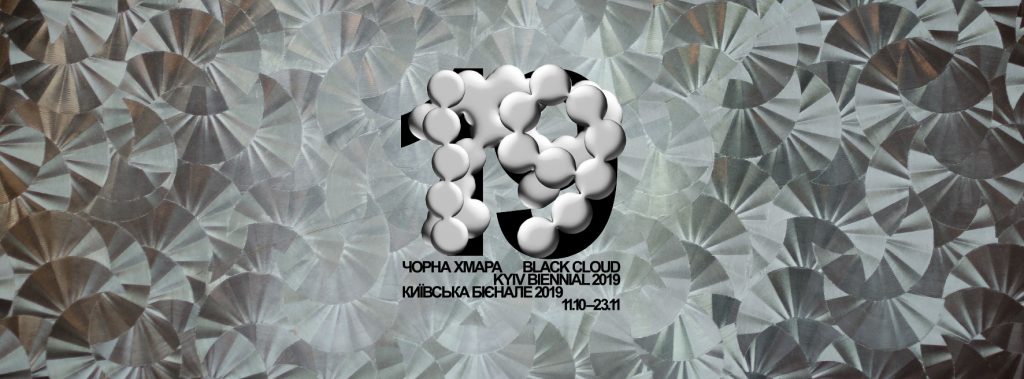
Чорна хмара – Київська бієнале 2019
Artificial intelligence, big data and Europe after Chernobyl: the program highlights of the Kyiv Biennial
Black Cloud – Kyiv Biennial 2019 will present a series of art projects and educational events focusing on the political and social role of modern technology. The main locations of the Biennial will be KPI Library and the House of Cinema.
Black Cloud, the third Kyiv Biennial of contemporary art, knowledge and politics organized by the Visual Culture Research Center, will take place on October 11 – November 23, 2019. The goal of the Kyiv Biennial 2019 is to reflect on social and political transformations in Eastern Europe over the past three decades, influenced by the Chernobyl catastrophe, the collapse of the Soviet Union, and the development of information and communications technology.
The Biennial’s program will incorporate an exhibition presenting the works of artists from Ukraine, Germany, Great Britain, India, Canada and other countries, as well as a public program featuring international researchers, scholars and activists. The exhibition will take place in KPI Library – a unique architectural masterpiece of the Soviet modernism which will become one of the locations of this year’s Kyiv Biennial. The events of the public program will also be held in the House of Cinema.
The Black Cloud exhibition will unite artists working with the topics of mass communication, artificial intelligence, environment and the Chernobyl catastrophe. In particular, it will feature a well-known installation “The Glass Room” by Tactical Tech collective, illustrating the mechanisms of personal data collection and the problem of privacy on the internet. A number of works will explore the liaisons between technology, politics and environment. For example, Susan Schuppli’s installation “Delay Decay” shows cover pages of the Pravda newspaper published in the 20-day gap between the Chernobyl nuclear accident and its public disclosure by the government, drawing parallels between radioactive threat and media manipulations. Other works question the anthropocentric perspective and address non-human life forms, such as Emilio Vavarella’s film composed of video fragments shot by animals.
The public program of the Kyiv Biennial 2019 will include around 15 lectures, presentations and panel discussions. For instance, international symposium “Communicative Militarism” focused on the phenomenon of cyberwar will take place on October 17-18, followed by a discussion on October 26-27 with Ukrainian experts and activists on how data is generated, used and protected online. A part of the public program called “Middle East Europe” will address contemporary historical conditions and ideological divisions in the countries of Eastern Europe and the Middle East that have become the battlefield for new authoritarianism and right-wing populism. It will consist of a series of lectures by the renowned philosophers, historians and political scientists, such as Geneviève Fraisse, Philipp Ther, Jan-Werner Müller, Sandro Mezzadra, Claus Offe, among others.
In 2019, Kyiv Biennial became part of the newly established East Europe Biennial Alliance, which also includes Biennale Matter of Art in Prague, Biennale Warszawa and OFF-Biennale Budapest.
Featured participants of the Kyiv Biennial 2019 include: Isabelle Alfonsi (France), Clemens Apprich (Germany), Arab Media Lab (Morocco), Keti Chukhrov (Russia), Geneviève Fraisse (France), Georgiy Kasianov (Ukraine), Oleksandr Kupnyi (Ukraine), Geert Lovink (Netherlands), Oliver Marchart (Austria), Svitlana Matviyenko (Canada), Sandro Mezzadra (Italy), Jan-Werner Müller (Germany/USA), Claus Offe (Germany), Niels ten Oever (Denmark), Nelly Pinkrah (Germany), Oleksiy Radynski (Ukraine), Raqs Media Collective (India), Kirill Savchenkov (Russia), Susan Schuppli (Great Britain), Tactical Tech (Germany), Aleksei Taruts (Russia), Philipp Ther (Austria), Emilio Vavarella (Italy), et al.
PROGRAM
October 11, Friday, 19:00 – KPI Library
“Black Cloud” exhibition opening
October 12, Saturday, 18:00 – KPI Library
“Час не чує, але він чекає на нас. On the nth Ground of the 6th Ocean: Ocean-Sensing Practices.” Performance by Kirill Savchenkov (Russia)
October 12, Saturday, 19:00 – KPI Library, Auditorium 6.5
“The Deregulation of Representations.” Lecture by Geneviève Fraisse (France)
October 13, Sunday, 19:00 – The House of Cinema, Blue hall
“Arab Stereotypes in Western Media. Hollywood as an Example: From Silent Movies to the Late 90’s and the Beginning of 2000.” Presentation by Abdelaziz Taleb (Arab Media Lab, Morocco)
October 17-18, Thursday-Friday, 18:30 – KPI Library, Auditorium 6.5
“Communicative Militarism.” Symposium curated by Svitlana Matviyenko (Canada)
October 19, Saturday, 19:00 – KPI Library, Auditorium 6.5
“History and Memory: Use and Abuse (Ukraine and Post-Communist World).” Lecture by Georgiy Kasianov (Ukraine)
October 24, Thursday, 19:00 – The House of Cinema, Blue hall
“From Neoliberalism to Illiberalism. The Great Transformation after 1989.” Lecture by Philipp Ther (Austria)
October 25, Friday, 19:00 – The House of Cinema, Blue hall
“Queer Art, Herstories and Emancipatory Strategies.” Talk by Isabelle Alfonsi (France)
October 26, Saturday, 14:00 – KPI Library, Auditorium 6.5
“(Toxic) State of Data: Data Politics and Data Policies in Ukraine.” Symposium curated by Digital Security Lab (Ukraine)
October 29, Tuesday, 19:00 – The House of Cinema, Blue hall
“Is there Really a Crisis of Democracy?” Lecture by Jan-Werner Müller (Germany/US)
November 2, Saturday, 19:00 – The House of Cinema, Blue hall
“Proliferating Borders in the Battlefield of Migration. Rethinking Freedom of Movement.” Lecture by Sandro Mezzadra (Italy)
November 15, Friday, 19:00 – The House of Cinema, Blue hall
“Conflictual Aesthetics. Artistic Activism and the Public Sphere.” Lecture by Oliver Marchart (Austria)
November 16, Saturday, 16:00 – The House of Cinema, Blue hall
“Borderlines in the East of Europe.” Symposium of the “Europe in the Middle East – The Middle East in Europe” (EUME) research program at the Forum Transregionale Studien (Germany)
November 17, Sunday, 19:00 – The House of Cinema, Blue hall
“Data Sonification.” Seminar and workshop by Daniel Siemaszko (Switzerland)
November 17-18, Sunday, 17:00, Monday, 19:00 – Metaculture
“Open Call (For Opinions).” Theatre exhibition by Studio Lajf (Czech Republic / Slovakia)
November 19, Tuesday, 19:00 – The House of Cinema, Blue hall
“Philosophy beyond Computation. On Evald Ilyenkov’s Critique of Artificial Intelligence.” Lecture by Keti Chukhrov (Russia)
November 22, Friday, 19:00 – The House of Cinema, Blue hall
“Transitioning from State Socialism to Democratic Capitalism. Observations on Ten Construction Sites.” Lecture by Claus Offe (Germany)
Locations:
The Scientific and Technical Library of the National Technical University of Ukraine “Igor Sikorsky Kyiv Polytechnic Institute” (37 prospect Peremohy, metro Politekhnichnyi Instytut).
The House of Cinema (6 Saksahanskoho Str., metro Palats Sportu).
Metaculture (31 Nyzhnioyurkivska Str., metro Tarasa Shevchenka).
Admission to all events is free of charge.
Institutional Partners: Biennale Praha (Czech Republic), Biennale Warszawa (Poland), European Alternatives (France), Forum Transregionale Studien (Germany), OFF-Biennale Budapest (Hungary), Transeuropa Festival 2019 (Italy), The Scientific and Technical Library of the National Technical University of Ukraine “Igor Sikorsky Kyiv Polytechnic Institute”, Digital Security Lab
With the Support of: ERSTE Foundation, Foundation for Arts Initiatives, Goethe-Institut Kiew, Prince Claus Fund, Ukrainian Cultural Foundation.
Seasonal Works
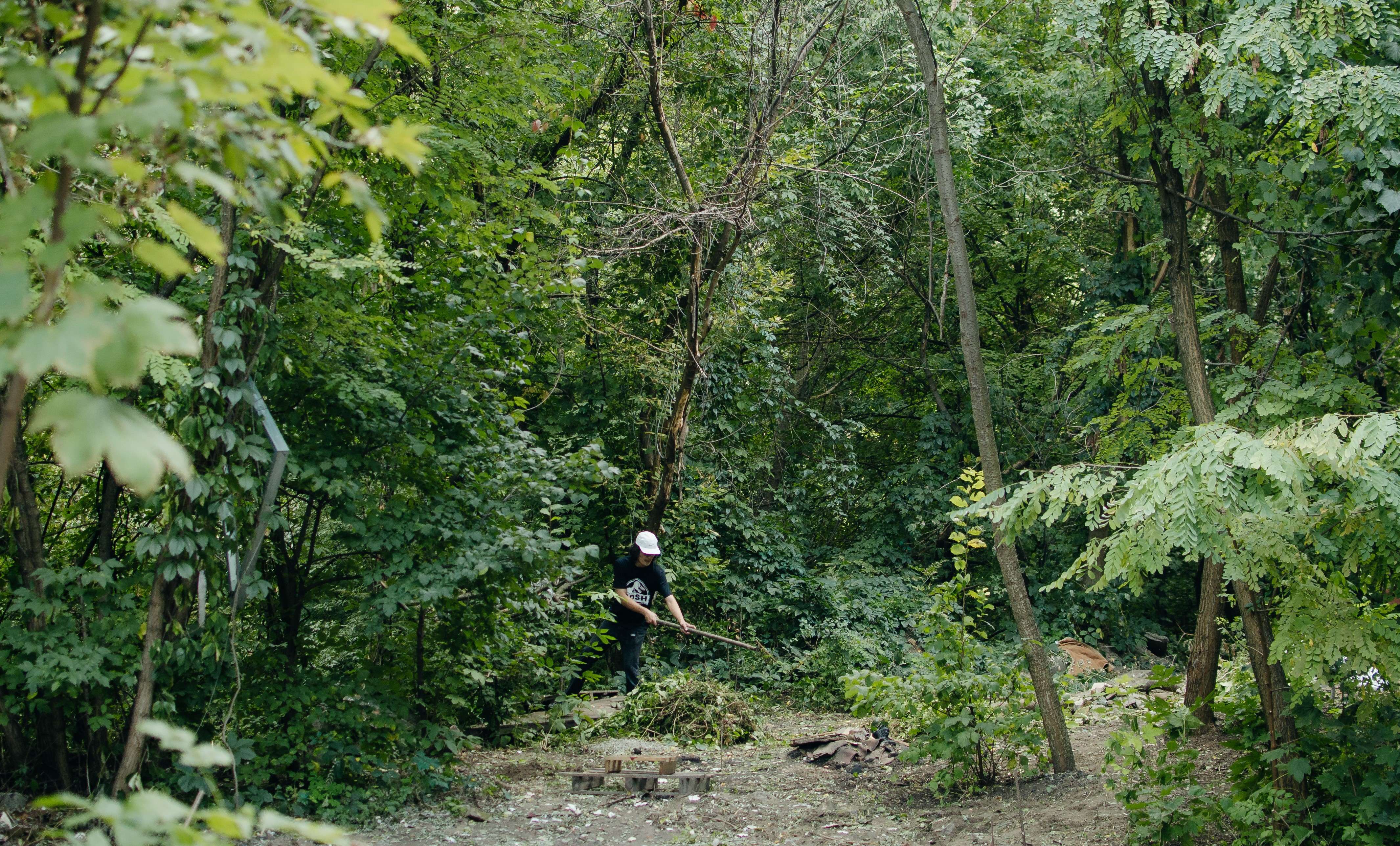
Photo by Oleksandr Kovalenko
June 18 – 23, 2019
On June 18, Visual Culture Research Center will open “Seasonal Works” session on the territory of the abandoned Petrivska Street, also known as “Хащі” (“Khashchee,” Ukrainian for “thickets”). For several years, “Хащі” has been functioning as a community-based cultural space, a place for the development of music counter-culture, graffiti, performative arts. This year’s program will include a greenery workshop, solar batteries installation and a picnic in the finale.
Solar power station will help to achieve a partial energy autonomy for “Хащі”. The construction process will be open for everyone who is interested in installing an own home SES.
The botanical workshop will be held by Nastya Kolenkova (plant explorer, green space worker) and Nina Direnko (designer of sustainable plant communities). It will continue last year’s exploration of possible ways of interaction of people and local plants. As part of the workshop, it is planned a planting of a new species and landscape design elements, without affecting the local ecosystem. Participants will also learn how invasive flora and weeds can be an alternative source of food and survival in the city.
Nina Direnko – sustainable plant communities designer
Anastasia Kolenkova – plant explorer, green space worker
With the Support of Prince Claus Fund
Screening of The Cosmist Trilogy by Anton Vidokle
Wednesday, December 7th, 2016, 19:00
During the period of 2014-16 the artist Anton Vidokle worked on the series of films about cosmism as a philosophical movement. This Is Cosmos draws on the thinking of the early 20th Century Russian philosophical movement “cosmism.” Filmed in Siberia, Crimea, and Kazakhstan, This Is Cosmos draws on diverse materials including poems, philosophical texts, scientific writings, academic papers, and historical studies. It particularly centers on the writings of the philosopher Nikolai Fedorov, who advocated the development of scientific methods for the radical extension of life, and the resurrection of the dead. For the Russian cosmists, cosmos did not mean outer space: rather, they wanted to create “cosmos” on earth. “To construct a new reality, free of hunger, disease, violence, death, need, inequality – like communism.” Vidokle’s film re-engages this Utopian project, seeking out the traces of such philosophy after the end of the Soviet Union and in the present day.
The second film of Anton Vidokle’s trilogy on Russian cosmism, The Communist Revolution Was Caused By The Sun, looks at the poetic dimension of solar cosmology of Soviet biophysicist, Alexander Chizhevsky. Shot in Kazakhstan, where Chizhevsky was imprisoned and later exiled, the film introduces Сhizhevsky’s research into the impact of solar emissions on human sociology, psychology, politics and economics in the form of wars, revolutions, epidemics and other upheavals. aligns the life of post-soviet rural residents and the futurological projects of Russian cosmism to emphasize that the goal of the early Soviet breakthroughs aimed at the conquest of outer space was not so much technical acceleration, but the common cause of humankind in their struggle against limitations of earthly life.
The last film in Vidokle’s trilogy on Cosmism is a meditation on a museum as the site of resurrection — a central idea for many Cosmist thinkers, scientists and avant-garde artists. Filmed at the State Tretiyakov Gallery, Moscow Zoological Museum, The Lenin Library and The Museum of Revolution, the film looks at museological and archival techniques of collection, restoration and conservation as a means of the material restoration of life, following an essay penned by Nikolai Fedorov on this subject in 1880s.
Anton Vidokle (b. Moscow) is an artist based in New York and Berlin. Vidokle is co-editor of e-flux journal along with Julieta Aranda and Brian Kuan Wood. Vidokle’s work has been exhibited internationally, in venues such as the 56th Venice Biennale (2015) and Documenta 13 (2012). He has directed several films including 2084: A Science Fiction Show (2012-2014) with Pelin Tan, which has been exhibited at the Bergen Assembly (2013), La Biennale de Montréal (2014), the Istanbul Biennial (2015), Home Works 7, Beirut (2015) and the Museum of Modern Art, Warsaw (2016). Vidokle’s series of films on the Russian Cosmists, This Is Cosmos (2014) and The Communist Revolution Was Caused By The Sun (2015) have been exhibited and screened internationally at the Shanghai Biennale (2014) Witte de With, Rotterdam, (2015), the 65th and 66th Berlinale International Film Festival, Forum Expanded (2015, 2016), the Moscow Biennale (2015), the Gwangju Biennale (2016); amongst many others.
The screening takes place within the framework of the exhibition Kinotron.
Admission is free.
Partners: Oleksandr Dovzhenko National Centre

Museum of Modern Art in Warsaw

International Human Rights Documentary Film Festival Docudays UA

Organizers: Visual Culture Research Center, Krytyka Polityczna
Media partners: Українська Правда. Життя, Korydor, Moviegram, Cultprosir, Update, Політична критика
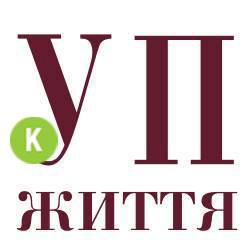
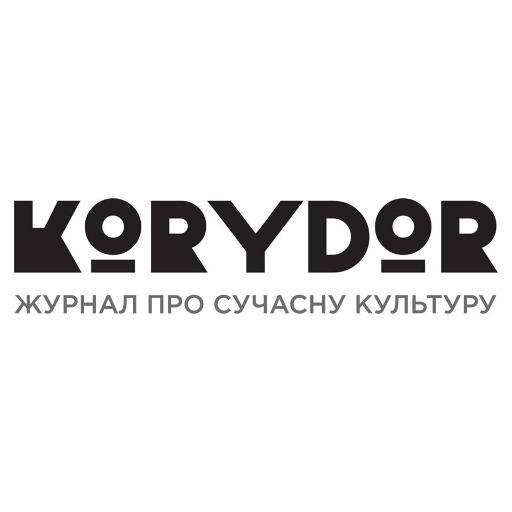
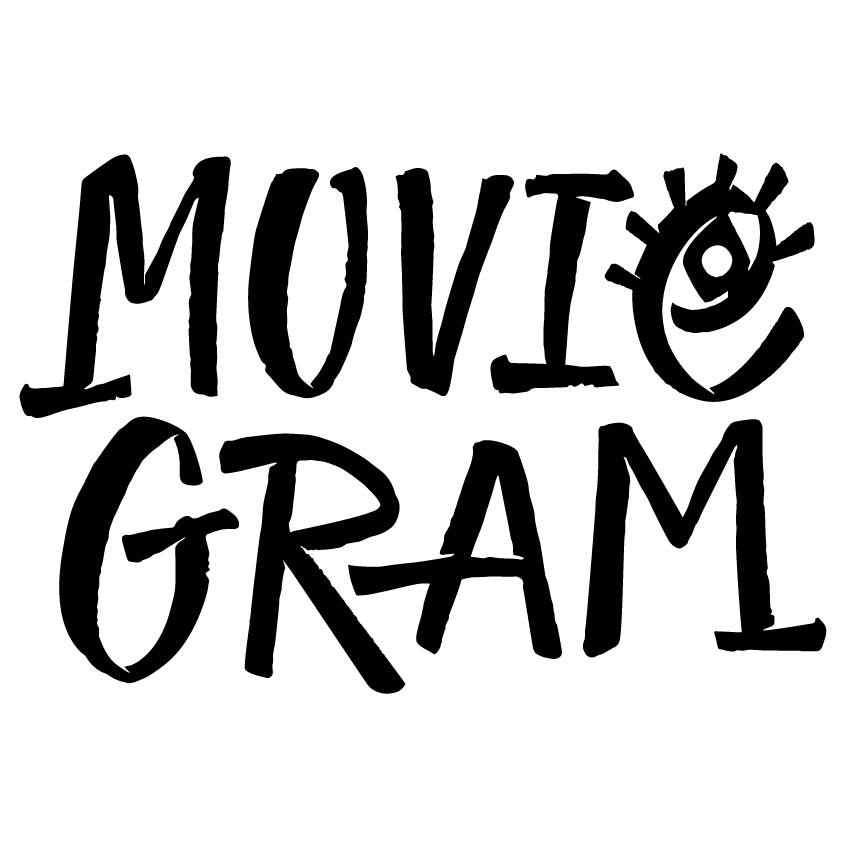

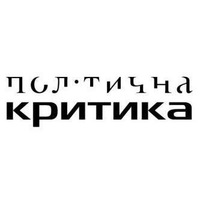
![]()
DEFENSIVE ARCHITECTURE. Lecture by Lucien Gurbert
August 22, 2016 19:00
Lecture by Lucien Gurbert
DEFENSIVE ARCHITECTURE AND «CRIME PREVENTION THROUGH ENVIRONMENTAL DESIGN». Between police fantasies and urban reality
In the streets of many metropolises of the western world, a new kind of urban furniture is emerging. In Brussels, London, Paris, Toulouse or Nantes are growing spikes, pins, blocks, fences, inclined surfaces, diced public benches, CCTVs and many other technological control and surveillance tools. All of these devices aim to a single purpose : excluding a range of the citizens apart from the public space, as unwanted individuals. These “defensive devices” do not only stigmatize persons, such as beggars or homeless people : they mainly deter the “bad” practices, and therefore indirectly express the good practises one must follow to stay a reasonable citizen : not lying on the streets, not skateboarding, not begging, etc.
A threat of defensive devices, emerging in our cities, prevents people from the use of public space, increasing the number of brands in the urban landscape and serving as an instrument for police brutality.
Lucien Gurbert – Architectural Bureau “Vendredi” Nantes France, art member of the collective ”Radio as Paper”.
Supported by: ERSTE Stiftung and Charles Stewart Mott Foundation
.
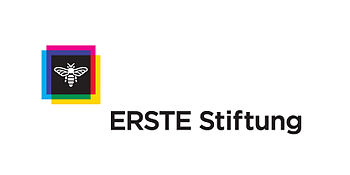
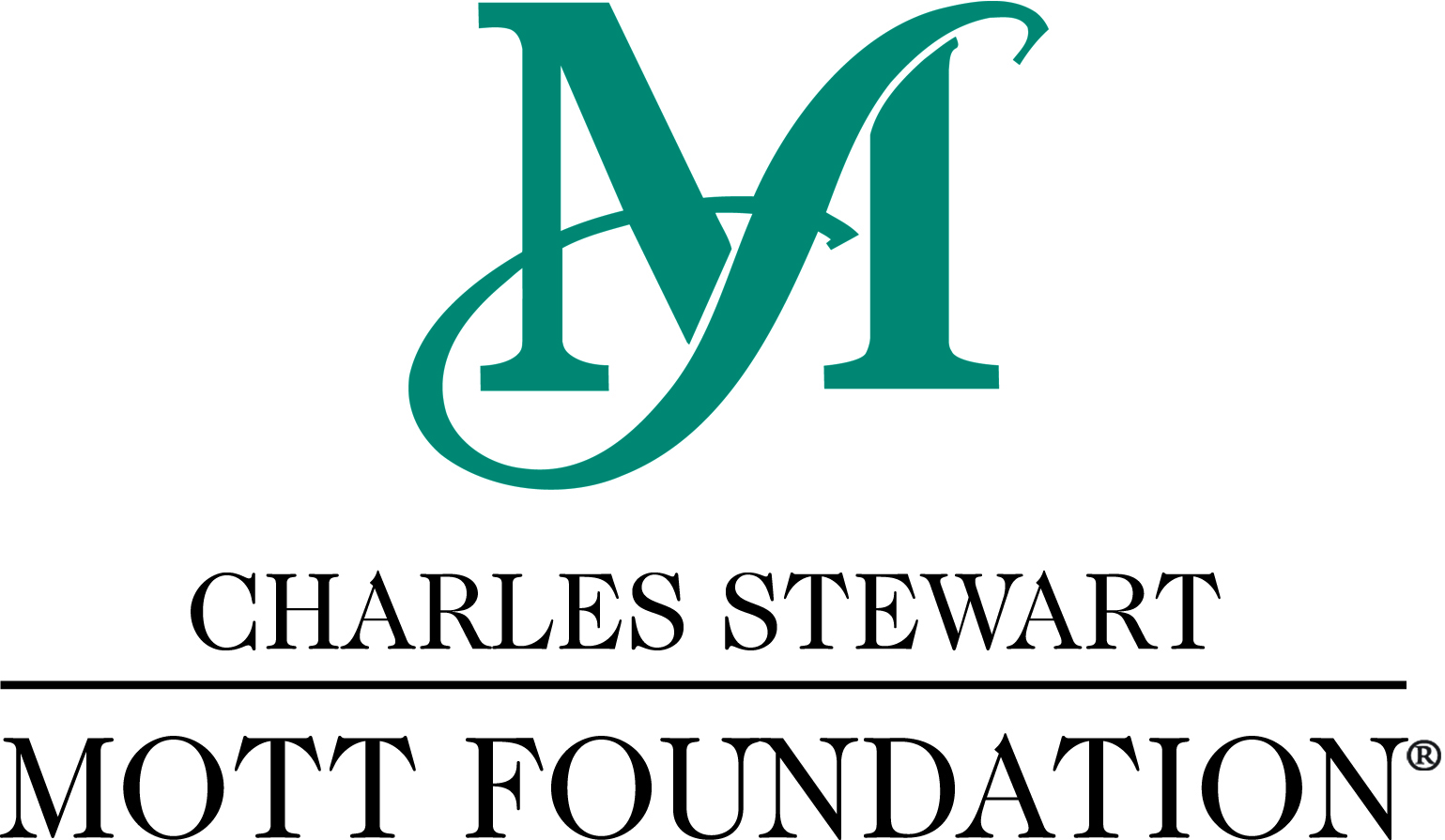
Contacts:
+380639535143 Natalka Neshevets
Fb: VCRC
NEEDS. The first Petr Pavlensky’s talk out of prison
Sunday, 19 June 2016, 19:00
The first Petr Pavlensky’s talk out of prison
NEEDS
The first public talk out of prison – Needs – will be given by Petr Pavlensky in Ukraine, where he was invited by Hromadske.
Russian artist was released on June 8 as a result of a trial for setting the door of central administration of Russian Federal Security Service on fire. Pavlensky turned his proceedings into a performance making the repressive apparatus work for art.
In his first TV interview out of prison Pavlensky said: “Being in custody, I saw a lot of dignity among prisoners, but also how law enforcement system tries to discipline people working out the habit to obey orders, and they are being disciplined, namely, by needs. This is very important.”
Moderated by Natalia Gumenyuk
Petr Pavlensky is Russian performance artist, author of radical actions in public space. He is an editor of Political Propaganda magazine and publishing house. Lives and works in Saint Petersburg. In February 2014 as part of his Freedom, action dedicated to Ukrainian Revolution of Dignity, Pavlensky reproduced Maidan in Saint Petersburg. In November 2015 he made his Threat performance by setting the door of central administration of Russian Federal Security Service on fire. During the trial he asked to classify his case as “terrorism” to be associated with Crimean political prisoners.
The talk will take place on June 19 at 19:00 in Visual Culture Research Center.
Admission is free
Organizer: Hromadske
Partners: Visual Culture Research Center
Political Critique
Contacts:
Hromadske
+38 (067) 505-67-40
+38 (067) 505-67-59
Visual Culture Research Center
Kyiv, 44 Hlybochytska Street, 1 floor
+38 (067) 669-54-57 Ganna Tsyba
+38 (063) 953-51-43 Natalka Neshevets
DIYstvo 2016
Saturday, 28 May 2016, 14:00
30/34 Petrivska Street
DIYstvo 2016
Visual Culture Research Center and Political Critique invite you to the festival of urban self-organization and creativity DIYstvo 2016, taking place on Saturday, May 28 in the territory of a forest and garage co-op at the address 30/34 Petrivska Street.
Taking place annually since 2009, DIYstvo festival engages the most interesting grassroots and activist initiatives from the spheres of urban development, handicraft, printing, and music, as well as other self-organized communities. “Do-it-yourself” is a call for moving beyond the exchange relationships logic and establishing social ties that are basic for mutual help and support. D.I.Y. festivals strive for becoming places of formation and development of self-organized communities, which can solve numerous local, especially urban, problems. This year’s programme involves site-specific work, presentation of local D.I.Y. brands, music, and a series of workshops.
The participative construction UFO DIY project will be conducted for two weeks by Pylorama collective. Its aim is to provide direct access from Lvivska Square to Hlybochytska Sreet, build wooden platforms and stage for studying and relaxation;
Waste sorting and utilization workshop will take place simultaneously with the construction;
Juridical workshop on basic civil rights and communication with law enforcement will take place on the rebuilt festival territory;
At DIY-Print workshop participants will learn different types of hand printing, attend artist’s master classes and exhibition of their latest works;
And on May 26 a co-founder of Pylorama collective Dana Kosmina will deliver a lecture Emergency Architecture as a Response to Destructive Environment and demonstrate basic elements of emergency dwelling.
Programme:
May 17-28
DIY-territory
UFO DIY project – a workshop by Pylorama collective; forest cleaning and ecological workshop on waste sorting
May 26, 19:00
DIY-planning
Dana Kosmina. Emergency Architecture as a Response to Destructive Environment, Visual Culture Research Center (44 Hlybochytska Street, 1 floor)
May 28
12:00 Final forest cleaning
14:00 Festival opening
14:00-19:00
DIY-community
At Pink Whale’s market: local brands and hand-made products, food and drinks
Live workshops by garage co-op
Juridical workshop
Drawing playground for children
15:00-18:00
DIY-print
Experimental and artistic printing section
Exhibition of printed works
16:00-22:00
DIY-music
16:00-22:00 Punk stage
Predsmertnaya Kadril (Kyiv)
Sorta (Homel)
Force events! (Mohyliv)
Murder (Kyiv)
Dity Velykoho Mista (Kyiv)
Thaino! (Kyiv)
The Forest Trip (Kyiv)
Fifty/fifty (Ivano-Frankivsk)
18:00-22:00 Beat stage
Sergey Poh&djDie
Tenio & Friends
Admission and participation are free
Organizers of the festival:
The project is supported by Rosa Luxemburg Stiftung
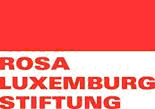
Supported by ERSTE Stiftung and Charles Stewart Mott Foundation:


Contacts:
+380676695457 Ganna Tsyba
+380639535143 Natalka Neshevets
Fb: VCRC
Lecture by Dana Kosmina
Thursday, 26 May 2016, 19:00
Lecture by Dana Kosmina
Emergency Architecture as a Response to Destructive Environment
Visual Culture Research Center and Political Critique invite you to the lecture by Dana Kosmina, taking place on Thursday, May 26, at 19:00.
The lecture is going to explore local communities, which influence urban processes through micro-architectonic interventions. Participants will learn what “depressive environment” is, who the “passive warriors” are, how much the “tactical urbanism” costs, which methods of “field work” exist, etc. Dana will give a brief analysis of her own and other international projects. Besides theoretical lecture, a joint practical workshop with participation of garage co-op community will be taking place for two weeks.
Dana Kosmina is a cofounder of Pylorama collective, artist and architect. She is a member of Children’s Geographies initiative. She works at Forma Architectural Studio in Kyiv.
DIYstvo is an annual festival of urban self-organization and creativity, taking place on May 26-28, 2016 in Kyiv. The festival aspires to the development of the D.I.Y.-movement and its expansion to other Ukrainian cities. It engages the most interesting grassroots and activist initiatives from the spheres of urban development, handicraft, printing, and music, as well as other self-organized communities. On the programme: urban workshops, site-specific work, silk-screen printing workshops, local D.I.Y.-brands, music. The festival has been taking place since 2009.
Admission is free
The project is supported by Rosa Luxemburg Stiftung

Supported by ERSRE Stiftung and Charles Stewart Mott Foundation


Contacts:
+380676695457 Ganna Tsyba
+380639535143 Natalka Neshevets
A DEPARTMENT OF THE SCHOOL OF KYIV – KYIV BIENNIAL 2015 IN VIENNA
May 17-21, 2016
A DEPARTMENT OF THE SCHOOL OF KYIV – KYIV BIENNIAL 2015 IN VIENNA
The School of Kyiv – Kyiv Biennial 2015 (8.09. – 1.11.2015) is an independent project curated by Hedwig Saxenhuber and Georg Schöllhammer (Vienna), conceived and organized together with the Visual Culture Research Center (Kyiv). The School of Kyiv has presented a new format of an art biennial integrating exhibitions and arenas of public reflection. The six departments, Schools, of the biennial still continue their work as collaborative forums. The Departments of The School of Kyiv are open in a number of institutions across Europe as an integral part of the project.
There are several Schools taking place in Vienna now: The School of the Lonesome and The School of the Devil are hosted in May at the Sandleitenhof, The School of the Displaced at municipal libraries and in public spaces, “The School of Kyiv at Kunsthalle Exnergasse” at WUK.
Program:
Performance by Mikhail Koptev and the Orchid Theatre
May 17, 2016, 7 pm
WUK 1090 Vienna, Project Room, Währinger Straße 59
Discussion: Ukraine in Flames: What Can Art Tell after the Revolution?
Participants: Oleksandr Burlaka, Vasyl Cherepanyn, Lesia Khomenko, Serhiy Klymko, Lesia Kulchinska, Anya Medvedeva. Moderated by Maria Teteriuk.
May 18, 2016, 4 pm
Kunsthalle Exnergasse, Währinger Straße 59
Exhibition opening: Into the Dark
Curated by Hudrada
May 18, 2016, 7 pm
May 19-29, 2016, Exhibition / Opening hours: daily 13:00 – 18:00
Kunsthalle Exnergasse, Währinger Straße 59
Performance by Kateryna Mishchenko: Meeting on the Bridge
May 20, 2016, 7 pm
Sandleitenhof, 1160 Vienna, Matteottiplatz 6
Artist talk by David Chichkan: How to Make the Radical Left Art in Ukraine?
May 21, 2016, 5 pm
Kunsthalle Exnergasse, Währinger Straße 59
In-hibition: A Story of Love and Hatred Towards Art. Lecture by Lesia Kulchynska (VCRC)
May 21, 2016, 7 pm
Kunsthalle Exnergasse, Währinger Straße 59
Performance by Night Movement (Anastasiya Ryabova, Varvara Gevorgizova): The Night of the Dead Curator
May 21, 2016, 10 pm
Sandleitenhof, 1160 Vienna, Matteottiplatz 6
Admission is free
Contacts:
+380676695457 Ganna Tsyba
+380639535143 Natalka Neshevets
HAPPENING BY VALENTYNA PETROVA
Friday, 29 April 2016, 19:00
HAPPENING
“A STYLISH AND ELABORATE DINNER PARTY CONSISTING OF
GOURMET DISHES FROM WORLD’S BEST RESTAURANTS
LUXURIOUSLY SERVED AT A REASONABLE PRICE”
BY VALENTYNA PETROVA
Visual Culture Research Center and Political Critique invite you to the happening by Valentyna Petrova, taking place on Friday, April 29, at 19:00.
The artist will present parts of the interactive installation, which are replicas of exclusive dishes, such as ostrich salad in apple-jack sauce, cold scallop julienne with avocado, red caviar, and truffle oil, etc. She will replace the ingredients, needed for the preparation of these dishes, with the masticated bread mush and food colouring. This gesture addresses an issue of poverty, the reverse and grotesque side of which is an aspiration to overconsumption. If you cannot afford desirable goods, you substitute it with the ersatz. The more remote in quality it is from the original, the lesser monetary value it has. Ersatz, substitute, is of no value for those, who are familiar with the original, but those, who cannot even think the original, imagine it as an inherently valuable, desirable, “undisclosed” product. That’s what it is for art, too: at the exhibition for the poor meals, manufactured by the artist, gain the status of art objects. At the same time, the artist realizes that as in art sphere a bread mush reveals one type of exclusiveness, it acquires another one, which can also be questioned.
Nauseating, masticated bread mush reminds us of the monstrosity of poverty itself: it is something we are ashamed of, something unworthy of us. As much as the fear of starvation, sickness, and homelessness disguises the fear of physical body’s death, the fear of poverty is actually the fear of exclusion and social body’s death.
Body liquids sacralize the object only in love, or religion. In her artistic act, the artist tries to reach similar transgression: visitors will be offered to buy and consume dishes, component-biding element of which is her saliva, for a small fee. Artist herself will have dinner with someone from the present, choosing objects directly from the installation. She argues that the ingestion of an art object, will contribute to rethinking of art, which in this case is a situation, process, action.
Valentyna Petrova is an artist, who works with the issues of corporality, precarity, poverty, explores social relations and communities. She was born in Khmelnytskyi, lives and works in Kyiv.
Admission is free
Supported by ERSTE Stiftung та Charles Stewart Mott Foundation:


Visual Culture Research Center (VCRC) was founded in 2008 as a platform for collaboration between academic, artistic, and activist communities. VCRC is an independent initiative, which is engaged in publishing, artistic activities, research, organization of public lectures, discussions, and conferences. In 2015 Visual Culture Research Center received the European Cultural Foundation’s Princess Margriet Award. Visual Culture Research Center was also an organizer of The School of Kyiv – Kyiv Biennial 2015.
Visual Culture Research Center (44 Hlybochytska Street, 1 floor)
Contacts:
+380676695457 Ganna Tsyba
+380639535143 Natalka Neshevets

